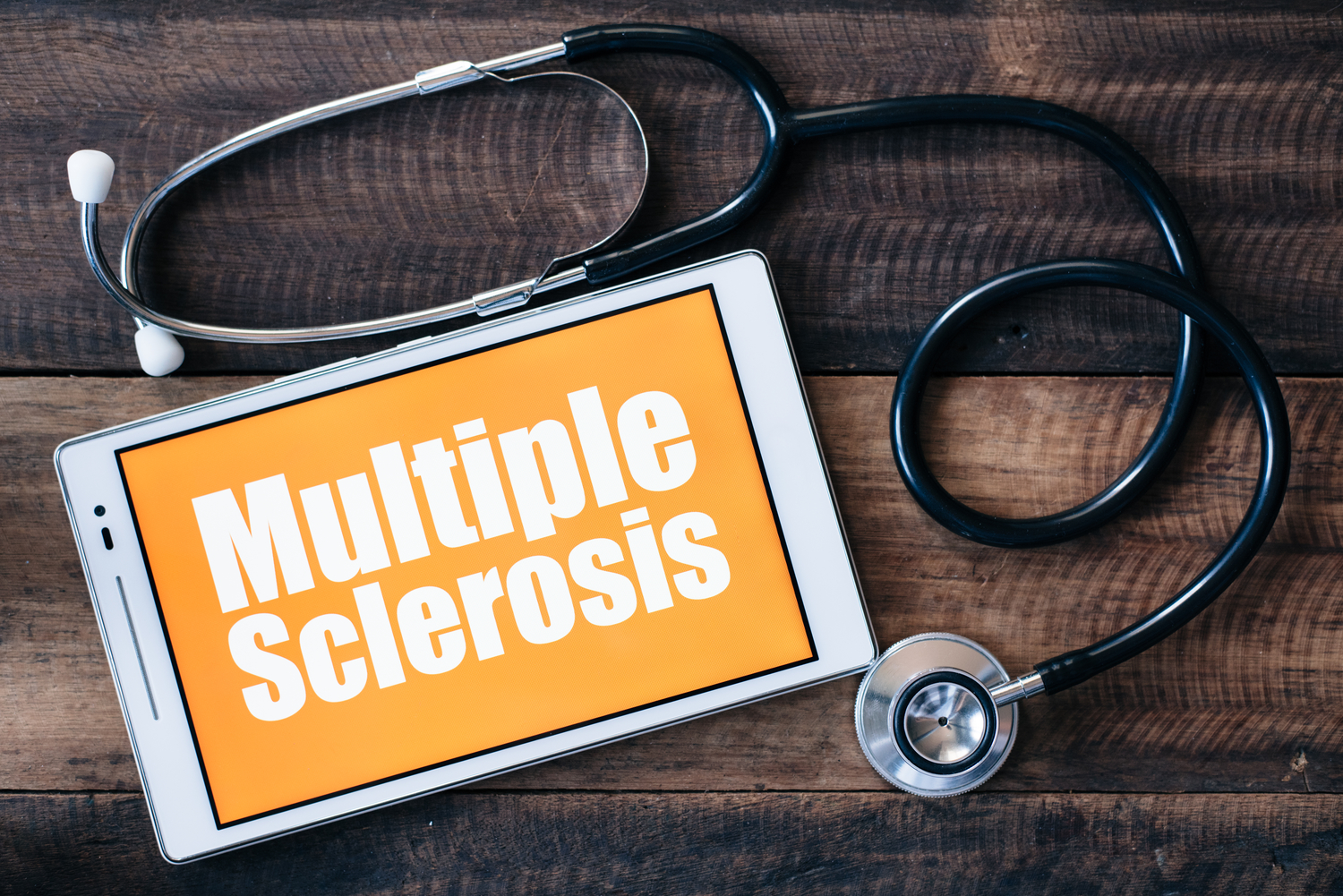
Signs and Symptoms of Multiple Sclerosis
Multiple sclerosis (MS) is a condition marked by immune and neurological disruptions. The exact cause is not known, but doctors consider multiple sclerosis an autoimmune disease that impacts the brain as well as the spinal cord and causes several mental and physical disabilities. Early signs of MS include balance, speech and hearing issues, painful involuntary muscle contractions and uncontrollable shaking or tremors. The signs and symptoms of multiple sclerosis manifest themselves in different ways depending on the person. The following are some of the common symptoms of MS:
1. Vision problems
One of the most common symptoms of multiple sclerosis is vision problems. MS affects the optic nerve and patients sometimes feel pain when looking up or from side or side, experiencing blurred vision, double vision, central vision disruption and complete vision loss.
2. Tingling and numbness
People with multiple sclerosis experience numbness or a tingling sensation in different parts of their face, body, arms and legs. This is an early and among the most common symptoms of MS.
3. Pains and spasms
Painful muscular spasms, muscle stiffness all over the body, clinically significant or chronic pain and pain during involuntary and voluntary muscle movement in the legs and Other extremities can make walking difficult for people with multiple sclerosis.
4. Weakness or fatigue
People with multiple sclerosis often experience muscle weakness, chronic fatigue and lethargy because the nerves that stimulate the muscles are damaged by the ailment and the nerves in the spinal cord have begun deteriorating. The legs tend to be affected most.
5. Balance problems or dizziness
Vertigo, dizziness, lightheadedness and problems maintaining balance are common issues people with MS experience. MS disrupts central nervous system function and causes a sensory deficit, poor nerve impulse coordination, muscular stiffness, weakness and spasms and loss of balance that makes standing up suddenly or walking, difficult.
6. Bladder issues
Poor nerve impulse function in people with MS often leads to bladder dysfunction, the strong urge to urinate, frequent urination, the inability to hold urine and other types of bladder issues.
7. Cognitive problems
Some people suffering with multiple sclerosis experience cognitive changes that prevent them from performing high-level brain functions. It affects their ability to memorize and learn new things, process incoming stimuli, accurately perceive their surroundings, focus their attention and solve complex problems.
8. Multiple sclerosis treatment
When it comes to MS treatment injections, physical therapy, assistive therapy and medications are all very effective. The prescription medicine Avonex has proven to be effective for treating relapsing forms of MS. The Avonex relapsing MS treatment option
is only approved for adults.


